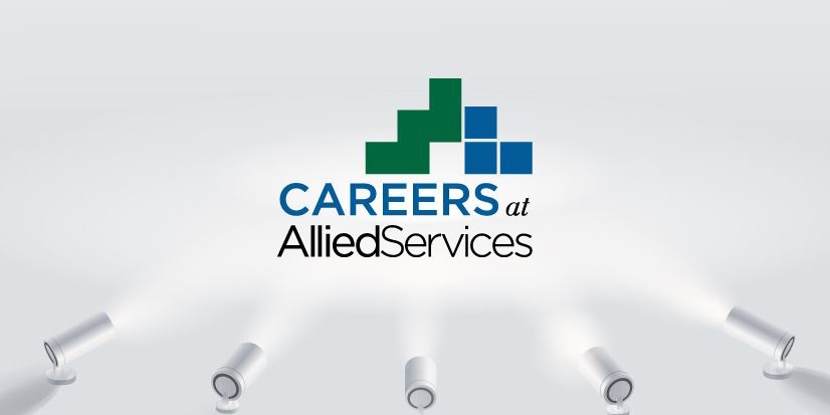Is It My Medicare Benefit or the Pandemic Determining My Post Acute Choices?
- Category: News, Physical Therapy
- Posted On:
- Written By: Allied Services Integrated Health

For more than three years, the pandemic has affected our lives, and although the incidence rate and hospitalization have subsided, the ongoing challenges in healthcare have never been greater.
While The Centers for Medicare & Medicaid Services (CMS) has encouraged hospitals to discharge patients home after a surgery or short stay for various reasons, post-acute providers have consistently worked with patients struggling with symptoms many months after their initial hospitalization. Now, more patients are coming to post-acute providers because they are struggling to care for themselves at home; patients who are weak, deconditioned, and a risk to themselves, living at home, often alone.
Why are we seeing this now? There are several factors why this could occur, and not all of them are pandemic-related. To be sure, there are still people, including many elderly and immune-compromised individuals, who are reluctant to go to a medical facility for fear of getting ill. Many of these people are struggling at home with a chronic condition, illness, or injury and only seek medical care when they are acutely ill. In these cases, intensive nursing care and physical rehabilitation are often necessary to help these patients return home safely.
The fear of COVID-19 continues to create an isolation of sorts for people. Many have resisted returning to exercise or engaging in group activities, thus eliminating what little exercise they were used to. A lack of exercise over a long period leads to weakness or overall deconditioning.
Being discharged from the hospital too early is a reality for nearly 1 in five patients, according to one study from the University of Texas Southwestern Medical Center that researched 32,000 hospital discharges. Many of these early discharges have slowed recovery or, in the worst cases, have resulted in avoidable hospital readmission. In addition to being discharged too early, we are seeing patients not receiving the post-acute care they desperately need.
Perhaps you have just had surgery? If you live alone, does being discharged straight to home mean returning to a house where you need to climb stairs to use the bathroom? Perhaps you have no one to prepare meals or ensure you take your medication correctly. If the hospital is counting on your family members to care for you when you return home, ask yourself, do they have the time, resources, or physical strength to do that? Can they reasonably leave their job to do so? Are 2-3 visits per week by a home health clinician enough to keep you home alone safely?
Although it is natural to want to return home, often an intermediary step – for example, inpatient or transitional rehabilitation or a short-term skilled nursing stay – is necessary for you to be able to recover sufficiently before returning home. There, you should expect more intensive physical rehabilitation, nutrition support, and even emotional support to return to the best level of health that is possible for you.
The hospital's urgency to discharge medically appropriate patients only compounds a case manager’s demanding job.
To add to this confusion, a traditional Medicare patient discharge to a skilled nursing facility has always required a 3-Day Hospital Admission. This barrier was removed during the Spring of 2020 as a federal waiver to alleviate hospital backlog during the pandemic. Now, CMS is planning to rescind the waiver, which will only enhance the likelihood one may have to stay in an acute care hospital longer under Medicare regulations.
Discharge planning can be a complex process that can be overwhelming for a Medicare-eligible patient. To return home, you need to make sure that you can handle everyday tasks. Can you keep food down? Can you get up and move a small distance? Can you prepare meals, or is there someone who can reliably do that for you? Do you understand your medications or how to care for yourself following your illness? If you don’t feel safe returning home, say something. Ask what other services or options there are for you. If possible, ask a family member to be there for your discharge planning meeting to help you sort through the information and make the best decision for your health.
About the Author: Kathy Stella, RN, BSN, CRRN, is the Assistant Vice President of Admissions and Case Management at Allied Services.



